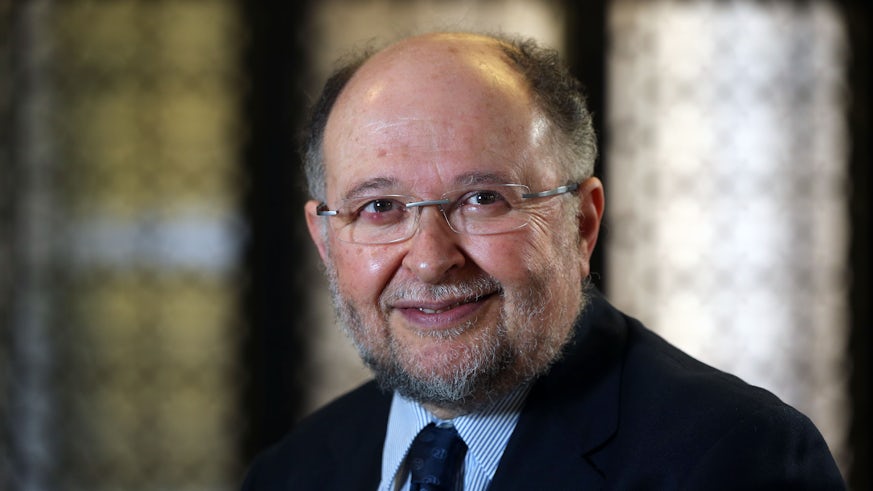Prestigious Sellin-Glueck award for Cardiff criminologist
12 May 2014

Professor Mike Levi is this year's recipient of the Sellin-Glueck award in criminology, the highest award given by The American Society of Criminology to scholars from outside the USA.
Now in its 40th year, the Thorsten Sellin & Sheldon and Eleanor Glueck Award aims to draw attention to criminological scholarship that considers problems of crime and justice outside the United States.
Professor Levi will be presented with the award, achieved for his 'truly remarkable contributions to international and comparative criminology' at the Society's international conference in San Francisco in November.
Mike Levi has been Professor of Criminology at Cardiff University's School of Social Sciences since 1991. He has been conducting international research on the control of fraud and organised crime, corruption and money laundering/ financing of terrorism since 1972 and has conducted a large range of studies on these for the private and public sectors, publishing widely on these subjects as well as editing major journals.
His pioneering research has led to his election to the Academy of Social Sciences and a Fellowship of the Learned Society of Wales. In 2013, he received the Distinguished Scholar Award from the International Association for the Study of Organized Crime (IASOC).
He is actively involved in global public policy involving business and crime. Some of his current posts include President of the US National White-Collar Crime Research Consortium and Member of the Committee on the Illicit Tobacco Market, US National Academy of Sciences, World Economic Forum, UK Crime Statistics Advisory Committee (especially fraud and eCrime) and Home Office economics panels. He has recently collaborated with the International Monetary Fund (IMF) on the process of country money laundering evaluation and is currently engaged in major research projects on insider and outsider eCrime threats.
Professor Levi said: "The award is a surprising but very pleasurable recognition by the international mainstream criminology community of a lifetime's attempt to develop research in hard-to-research transnational and domestic areas of criminality that are now acknowledged to be of great social significance. My hope is that this great honour will encourage others to work on these areas of research to improve the evidence base for policy, practice and theory."